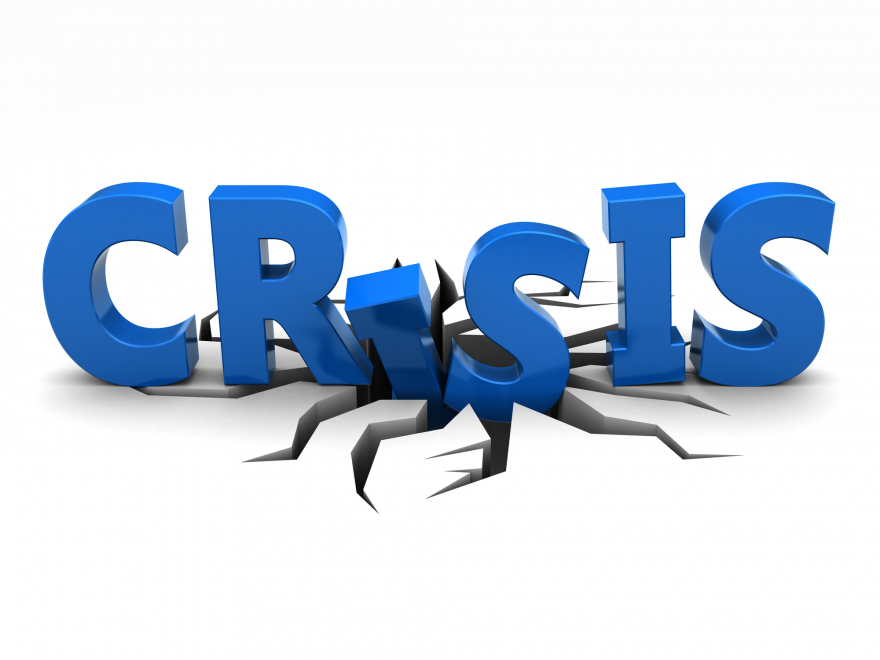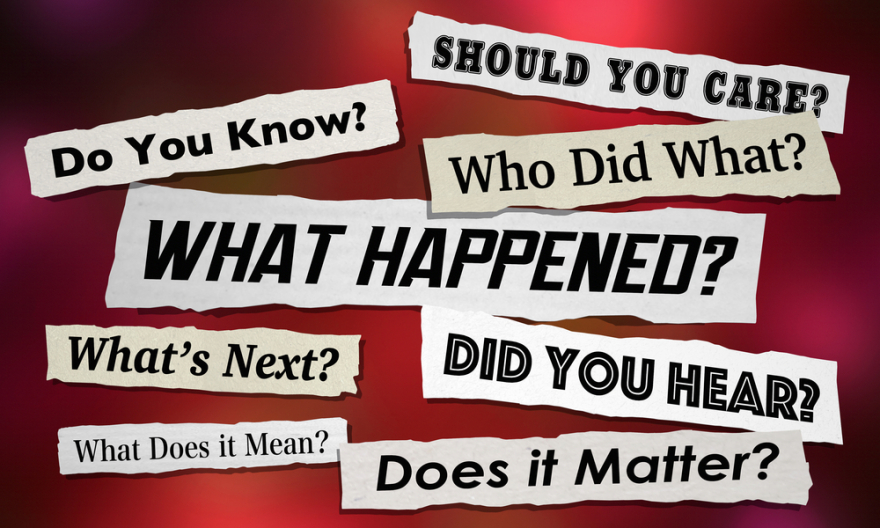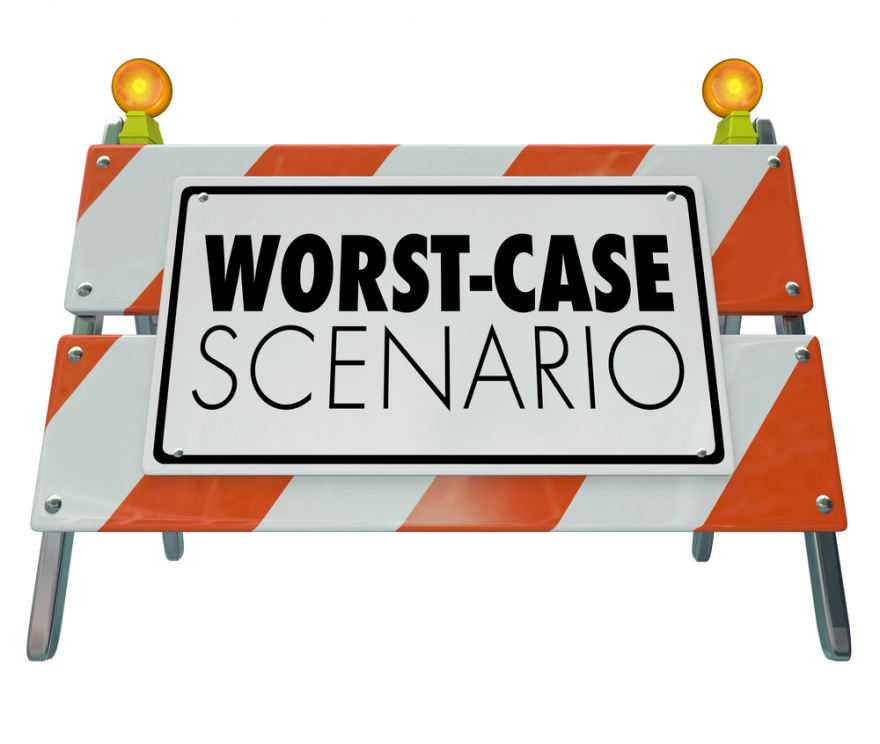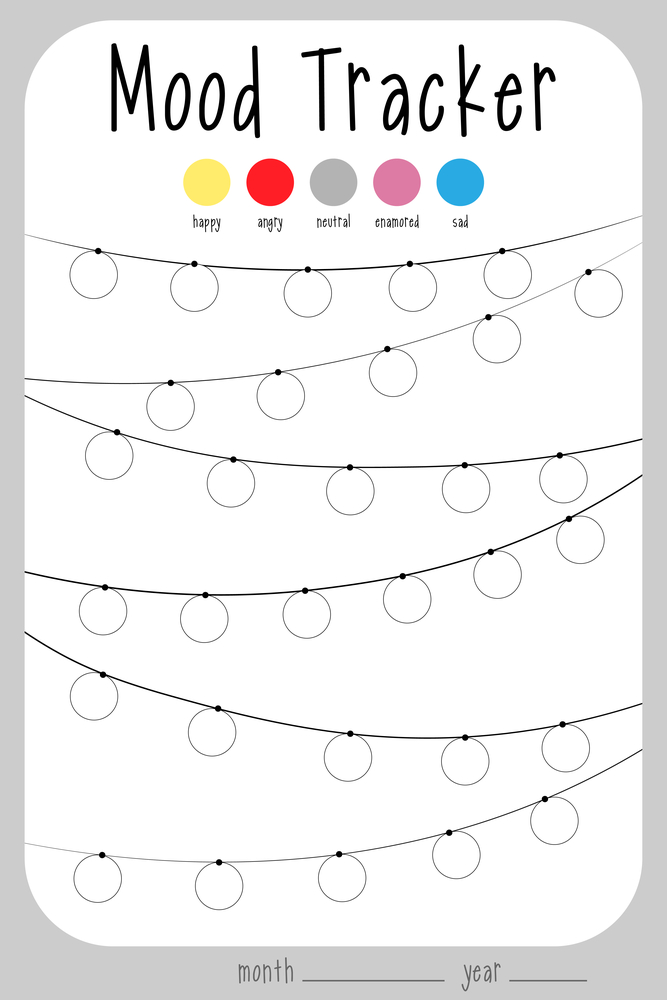|
How to Deal with Any Crisis That May Hit You in Life
Rev. Dr. Kitty Boitnott, NBCT, RScP
Heart-Centered Career Transition and Job Search Coach | Stress Management Coaching

Sadly, it is a fact of life that we all experience crises at different points in our lives. I can certainly attest to that. As you may know, if you read my posts regularly, I lost my brother quite unexpectedly a couple of months ago.
Just last week, my best friend from high school passed away from a long battle with cancer. It sort of feels like the hits just keep coming.
Losses of loved ones are difficult for all of us. For those who are left, there is grief to be dealt with.
And often, details have to be dealt with, like, as in the case of my brother's death, the sale of our family home. That's been more emotionally challenging than I might have thought it would be. And we haven't even gotten to the point of selling! Right now, we are still working on getting the house cleaned out.
Talk about stress!
It is also a fact that as human beings, our stress levels increase dramatically when we are dealing with a crisis. It doesn't matter if it is a death of a loved one or an accident or illness you experience. It might be a natural disaster like a flood or a hurricane. It might be an unwelcome diagnosis.
Whatever the reason behind the crisis, we all need to recognize that we are dealing with an out-of-the-ordinary experience. And we need to act accordingly.
In this two-part series, I will first offer how to deal with a crisis, and next week I will suggest how you might plan for the next time a crisis hits you or your family.
Step One: Recognize What is Happening

When dealing with any crisis, it is very easy to let your emotions take over and go into autopilot. This reaction can distort your view of the reality of the situation. It is easy to make the situation worse in your head than it is. This reaction is known as catastrophizing.
Unfortunately, catastrophizing will reduce your ability to deal with difficult situations. It is best if you can try to gain some perspective. Step away from everything, if only for a moment. Getting a little distance should help you recognize what is happening in reality as opposed to what is happening in your mind as your reaction to the situation.
Don't Pretend That It Isn't Happening
It is relatively easy to pretend that something you don't want to deal with isn't happening. But ignoring a situation isn't going to make it disappear.
Unfortunately, denial is a form of coping that lots of people choose because they think (wrongly) that it will help.
It doesn't.
A crisis isn't going to disappear just because you choose to pretend it isn't happening. In fact, ignoring it, depending on the situation, can only make matters worse. It is best to meet any crisis head-on rather than putting your head in the sand and ignoring it.
Don't Allow Any Excuses for Not Dealing With the Situation

Depending on the situation, you may find that it is more difficult to move on than you thought. You may start to feel stuck. You may begin to make excuses for not dealing with a particular situation in a timely fashion.
Be on the lookout, though, that you aren't moving ahead for legitimate reasons instead of just making excuses for your inaction. You may unconsciously create excuses for not doing things you know need to be done.
It may help if you write down all the reasons you feel you have for struggling with a given situation. Consider if you are making excuses or if the considerations are real.
If they are real, what can you do about them? There is a solution to almost any problem if you commit to solving the problem instead of letting it linger for no good reason.
Learn the Power of Harnessing Your Emotions

You won't be able to deal with any crisis appropriately if you give in to your emotions. Not that you don't have the right to grieve your loss or be angry about something that feels unfair and out of your control.
But you need to harness those emotions rather than let them rule you.
To harness your emotions, you will need to break them down and analyze them. For example, what is driving your feeling of fear or anxiety? What about the situation is making you angry?
Try practicing mindfulness, such as meditation and deep breathing exercises. These practices can help you to calm your mind. And they will help you learn to interrupt and disrupt negative emotions.
Try to Put The Situation Into Perspective
Putting the situation into perspective is an essential part of dealing with any crisis. When bad things happen, catastrophizing is a typical response.

At the moment, everything tends to trigger a highly negative reaction. That's because emotions run high during these times. It's easy to focus on the worst-case scenario instead of looking for the good and feeling optimistic about the situation.
Catastrophizing tends to occur when the mind becomes overwhelmed by a situation.
So, writing down the crisis you are going through and your perspectives can help you properly analyze them. For example, could the situation be viewed in a different frame?
Are you being influenced by things that may have happened to you in the past? If so, look at ways you can view the situation from a more positive perspective.
Keeping It Real
To deal with a crisis of any proportion, you will need to keep your thoughts balanced and focused on the reality of the situation. That means keeping negative thoughts from taking over.
Now, I know all of this is easier said than done. I have had to deal with my share of crises, and I know how difficult it is to keep it real and try to keep things in perspective.
But, I also know that giving in to the emotions of fear or anger or despair isn't helpful to you or anyone else in the long run.
You may find it helpful to keep a journal during, particularly stressful times. Or perhaps just keep track of your moods by writing to help you stay aware.

Whenever you experience a negative thought, write it down and note what was going on when it came up.
This practice will help you to start getting a better idea of the things that trigger negative thinking. The more you can recognize your negative thoughts, the easier you will find it to harness and change them.
These are some of the best ways to acknowledge the crisis or difficult situation that you are in. Once you have a good understanding of the situation, you can then move on to the next step – creating a plan to deal with it.
And that's what I will offer next week.
Until then.
|